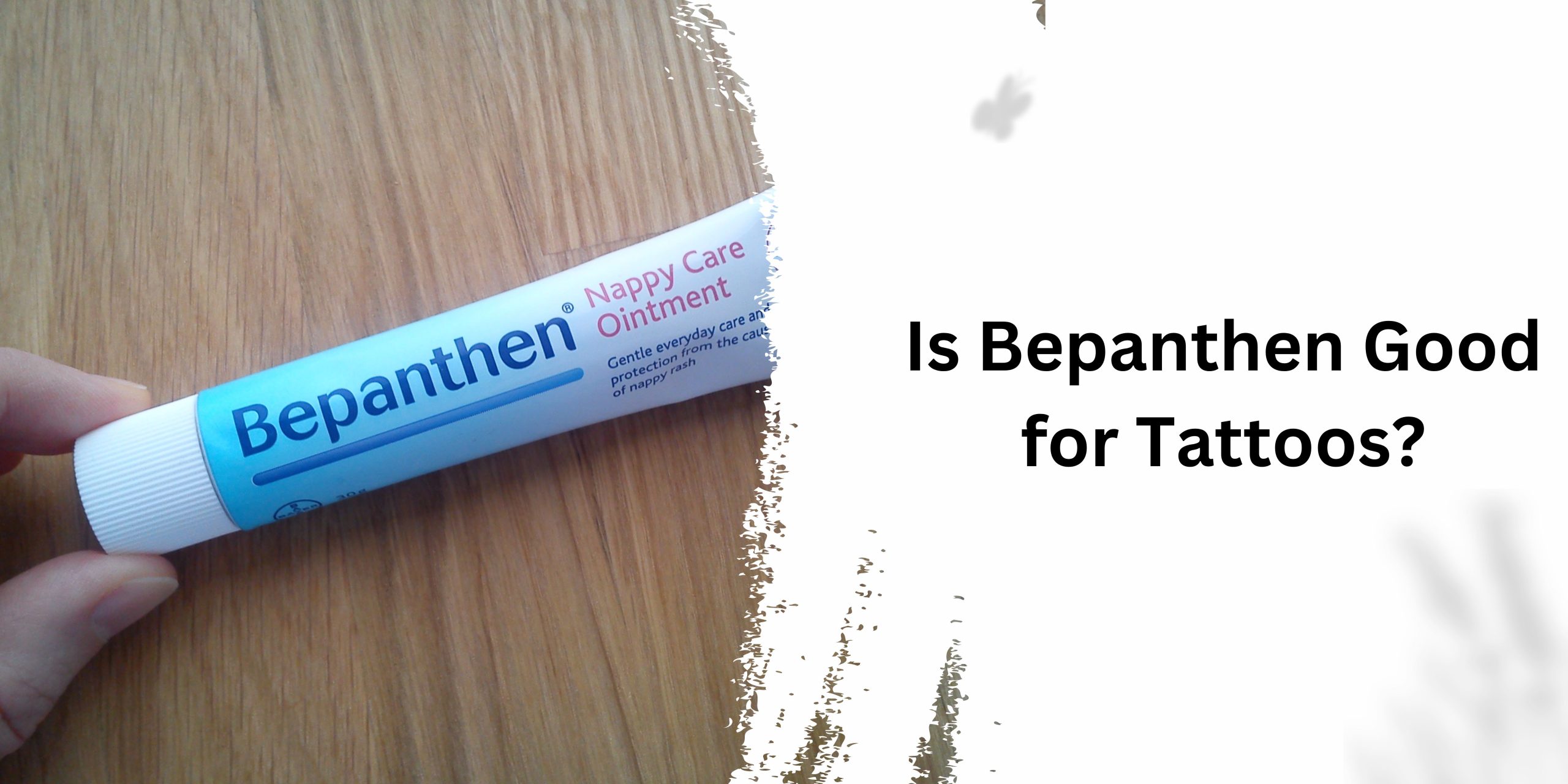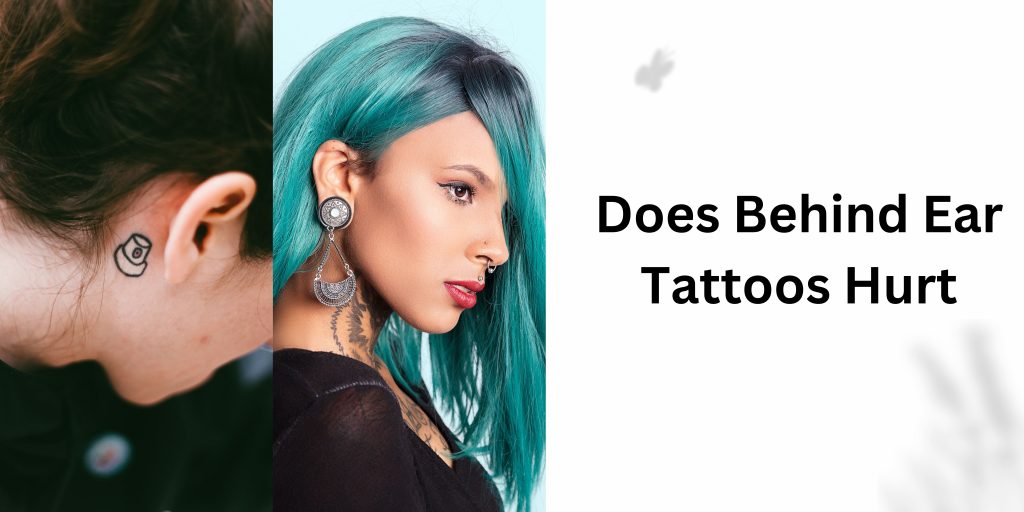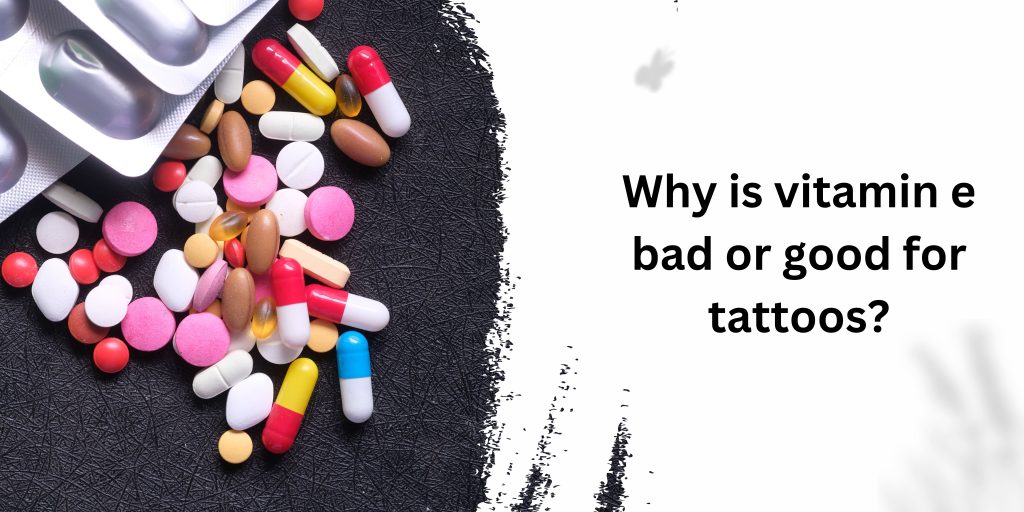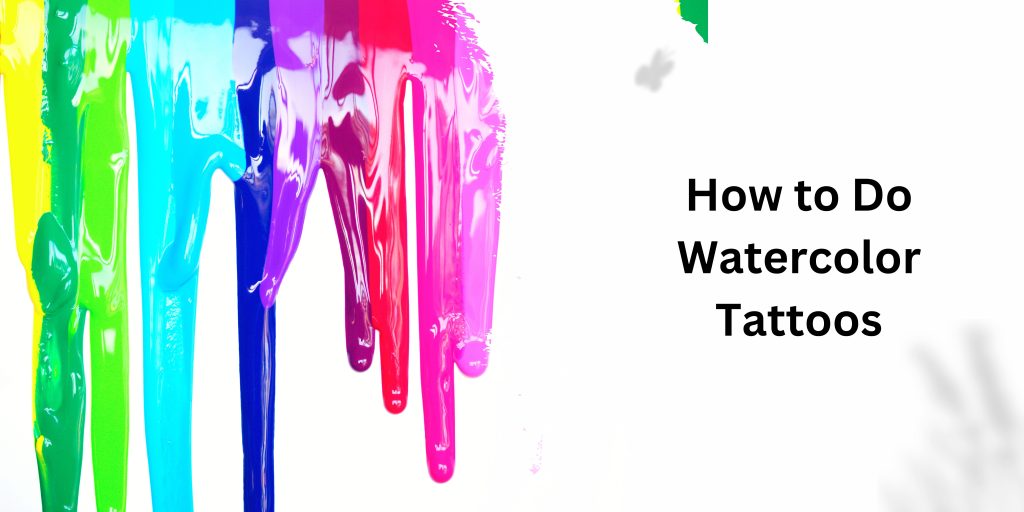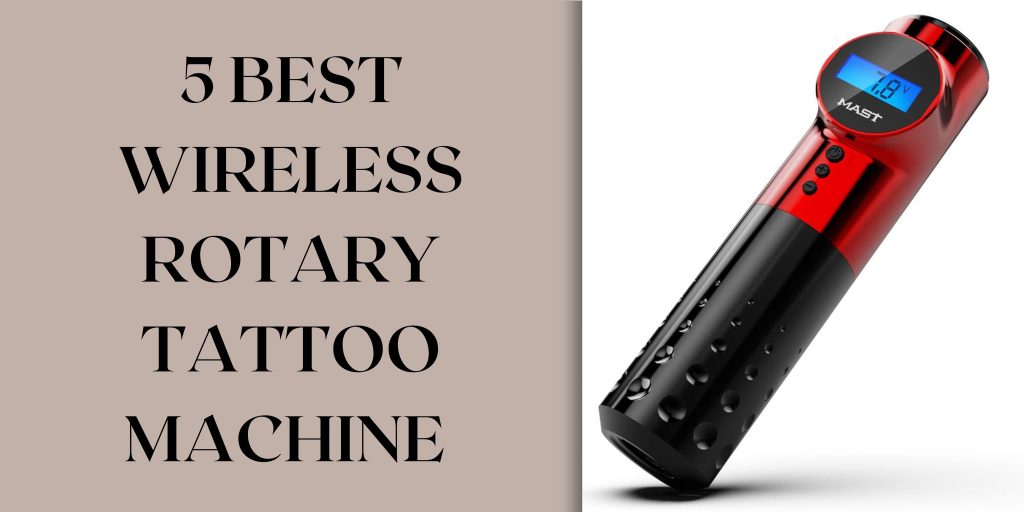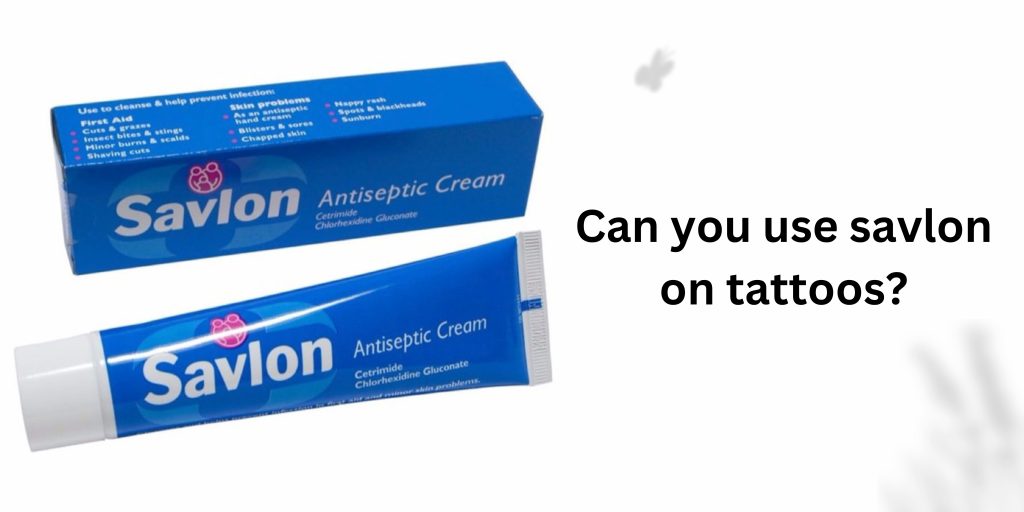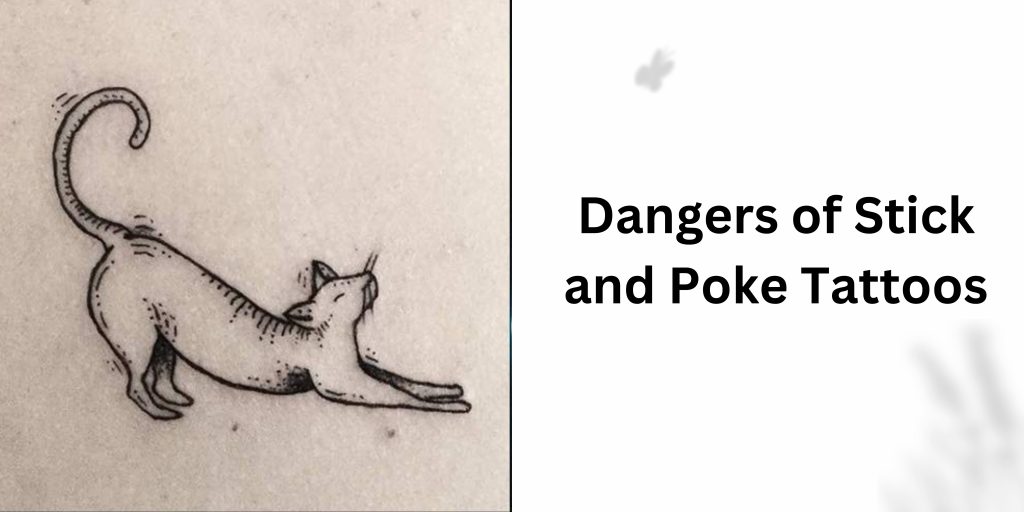Tattoos are not just ink on skin; they are a form of self-expression, a narrative etched into the canvas of our bodies. As you embark on your tattoo journey, the aftercare becomes as crucial as the artistic process itself. Enter Bepanthen, a popular ointment known for its skin-loving properties. But is Bepanthen truly the knight in shining armour for your freshly inked masterpiece? we guide you completely about is bepanthen good for tattoos?
What Is Bepanthen?
Before we delve into the world of tattoo care, let’s first unravel the mystery behind Bepanthen. Developed as a skin ointment, Bepanthen is primarily designed to provide relief for various skin conditions, including nappy rash and minor burns. Its active ingredient, dexpanthenol (provitamin B5), aims to nourish and soothe the skin.
What Was It Made For?
Originally, Bepanthen emerged as a go-to solution for diaper rash, catering to the sensitive skin of babies. Its gentle and moisturizing properties made it a household staple for parents navigating the challenges of diaper changes. The intention was clear — to offer a protective barrier and promote the healing of irritated skin.
Editor Choice
Bepanthen Skin Moisterizer (Moisturizing Cream) 30 Grams
Is It Good For Healing Tattoos?
Now, the million-dollar question: is bepanthen good for tattoos? The allure of using a familiar product for a new purpose is undeniable. However, the answer is not as straightforward as one might hope.
Tattoos, essentially, are controlled wounds. As your body heals from the tattooing process, proper aftercare is essential to preserve the integrity of the artwork. While some may swear by Bepanthen, the reality is that it might not be the best choice for tattoo aftercare.
Bepanthen Is Not The Best Choice For Your Tattoo
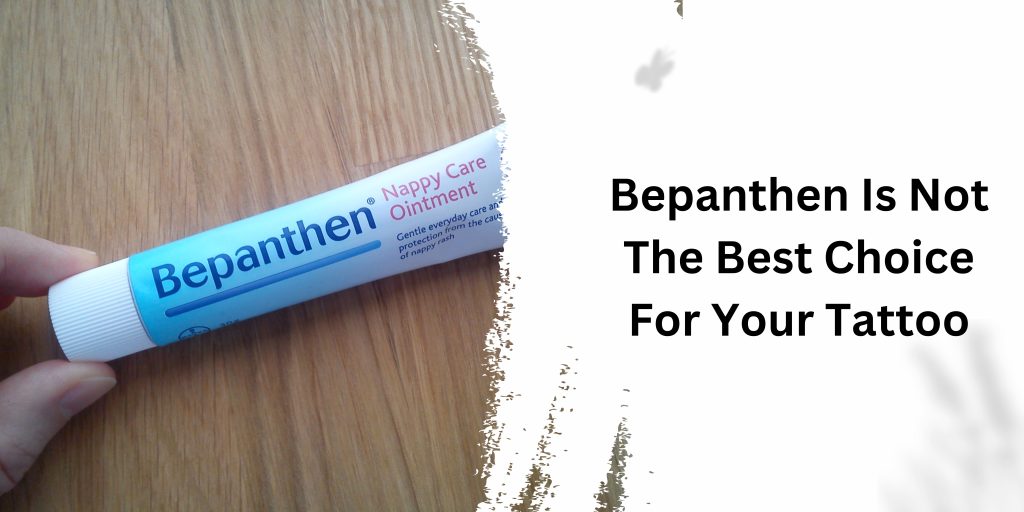
Bepanthen may not be the ideal companion for your freshly inked skin. Tattoo aftercare demands a delicate balance of moisture and breathability, and Bepanthen, designed for a different purpose, may not meet these specific needs.
Tattoo artists and professionals often recommend specialized tattoo aftercare products that cater specifically to the needs of healing tattoos. These products typically contain a curated blend of ingredients that promote healing without compromising the vibrancy of the tattoo.
So, why isn’t Bepanthen the best choice? The crux lies in its formulation. While it moisturizes the skin, it might create a barrier that hinders the tattoo from breathing, potentially leading to complications during the healing process.
Read More: Some Tips For Healing An Inner Elbow Tattoo
What Are the Ingredients in Bepanthen Cream?
To truly understand why Bepanthen might fall short in the realm of tattoo aftercare, let’s dissect its ingredients:
Dexpanthenol (Provitamin B5):
Dexpanthenol is often found in tattoo aftercare products due to its moisturizing properties. It helps keep the skin hydrated, which is crucial for the healing process. Its ability to promote skin regeneration can aid in preventing excessive dryness and flakiness around the tattooed area. In this context, dexpanthenol is generally considered beneficial for tattoos.
Almond Oil:
Almond oil is rich in nutrients and is known for its skin-nourishing qualities. However, its use in tattoo aftercare can be a bit nuanced. While it provides moisture, which is essential, excessive use might create a barrier that hinders the tattoo from breathing. It’s important to strike a balance, and in moderation, almond oil can contribute positively to tattoo healing.
Lanolin:
Lanolin is an effective emollient, providing a protective layer on the skin. While it can be beneficial for dry skin, its density might be a concern for tattoo aftercare. A thick barrier can potentially impede the necessary exchange of oxygen, and in this aspect, lanolin may not be the ideal choice for promoting optimal tattoo healing.
Petrolatum:
Petrolatum, often found in products like petroleum jelly, creates a barrier that locks in moisture. However, similar to lanolin, it can limit oxygen exchange, potentially leading to complications in the healing process. While it can prevent excessive dryness, its use should be approached with caution to avoid hindering the breathability of the tattooed skin.
Read More: Is lidocaine good for tattoos?
Conclusion
Tattoo aftercare is a crucial chapter in the life of your ink, determining how vividly your story will be told on your skin. While Bepanthen has its merits in addressing specific skin concerns, it might not be the superhero your tattoo needs.
For optimal tattoo healing, consider investing in a tattoo-specific aftercare product recommended by your tattoo artist. These products are crafted with the unique needs of tattooed skin in mind, striking the delicate balance between hydration and breathability.
Remember, your tattoo is an investment, and its longevity is dependent on the care you provide during the healing process. So, as you embark on this inked adventure, choose your aftercare wisely, ensuring that your tattoo not only tells a compelling story but does so with vibrant and healed brilliance.

